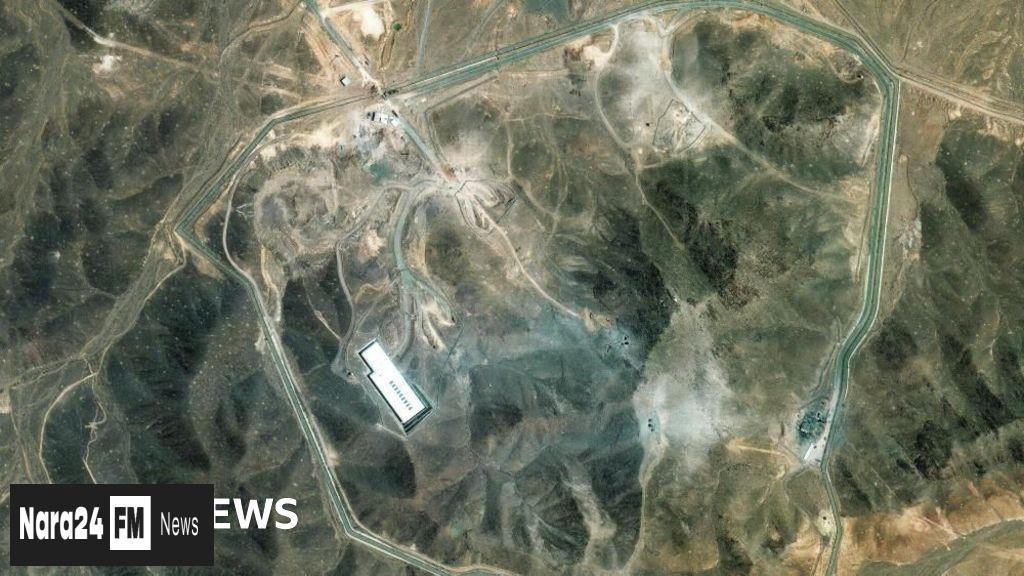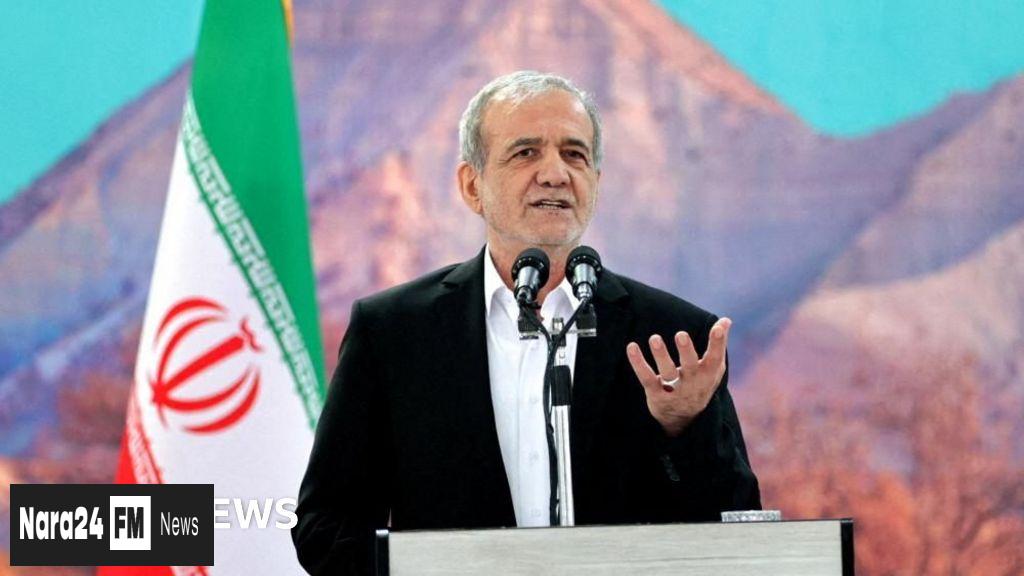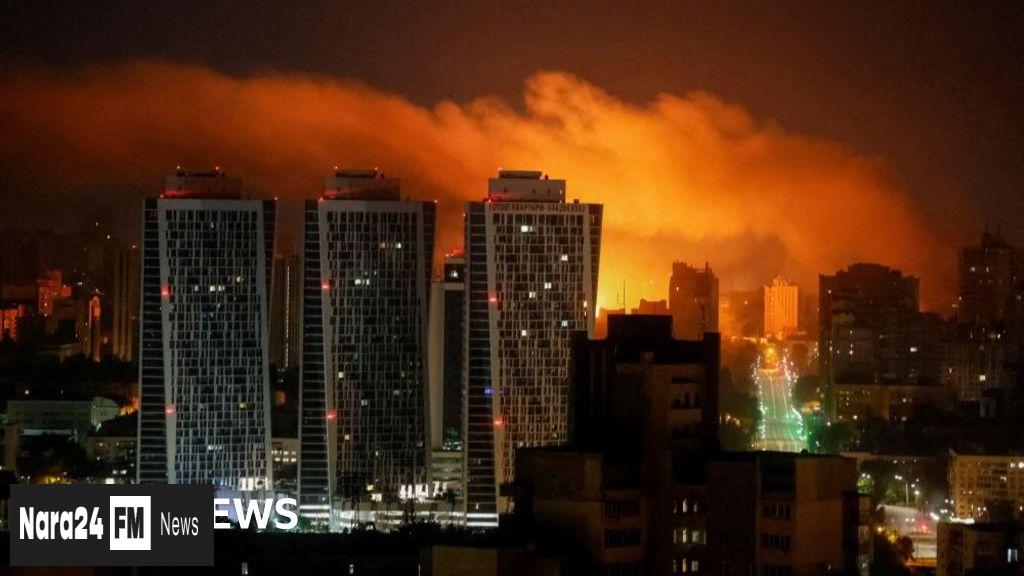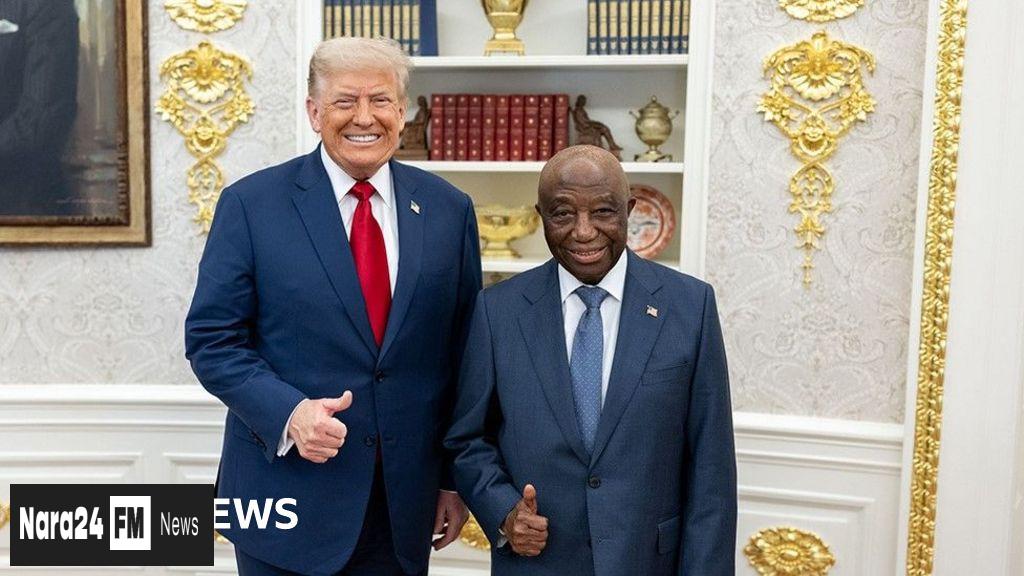In This Article
- Iran's Potential Restart of Uranium Enrichment Activities
- IAEA's Warning and Grossi's Statement
- Impact of Airstrikes on Iran's Nuclear Facilities
- Tensions between Iran and the International Community
- Iran-IAEA Relationship and Suspension of Cooperation
Key Takeaways
- Iran could potentially restart uranium enrichment activities for a nuclear bomb within a matter of months, according to the UN's nuclear watchdog head Rafael Grossi.
- The US and Israeli airstrikes on Iranian nuclear facilities did not eliminate Iran's nuclear capabilities entirely, as suggested by Grossi.
- Iran has severed ties with the International Atomic Energy Agency (IAEA) following the airstrikes.
- The potential resumption of Iran's nuclear activities has raised concerns worldwide, with US President Donald Trump indicating he would consider further attacks if intelligence suggests Iran is enriching uranium to concerning levels.
- Iran's nuclear program has breached its non-proliferation obligations, as reported by the IAEA last month.
In a troubling development, the head of the United Nations' nuclear watchdog, Rafael Grossi, has warned that Iran could restart uranium enrichment activities for a potential nuclear bomb within a matter of months. This revelation comes amid ongoing tensions between Iran and the international community, particularly the US and Israel, following recent airstrikes on Iranian sites.
Grossi, who leads the International Atomic Energy Agency (IAEA), stated that while the US strikes on three Iranian facilities last weekend caused significant damage, they did not eliminate Iran's nuclear capabilities entirely. He expressed his hope for future negotiations, despite Iran's decision to sever ties with the IAEA.
The strikes, which were conducted by Israel and later joined by the US, targeted Iran's Fordo, Natanz, and Isfahan nuclear facilities. The exact extent of the damage has been unclear, but Grossi suggests that Iran could potentially revive "a few cascades of centrifuges" and resume uranium enrichment activities if it chooses to do so.
This assessment aligns with a preliminary Pentagon report, which suggested that the US strikes would likely only set back Iran's nuclear program by a few months. However, future intelligence could potentially reveal a different picture of the damage inflicted on the facilities.
The potential resumption of Iran's nuclear activities has raised concerns worldwide. US President Donald Trump, who initially claimed that Iran's nuclear sites were "completely destroyed," has indicated that he would consider launching further attacks if intelligence suggests that Iran is enriching uranium to concerning levels. Meanwhile, Iran's armed forces chief of staff, Abdolrahim Mousavi, has expressed doubts about Israel's commitment to the ceasefire and warned that Iran is ready to respond with force if attacked again.
The situation remains complex, with conflicting messages from Iran about the extent of the damage caused by the airstrikes. Iran's Supreme Leader Ayatollah Ali Khamenei has stated that the strikes achieved nothing significant, while Foreign Minister Abbas Araghchi has claimed that "excessive and serious" damage was done.
Tensions between Iran and the IAEA have also escalated, with Iran's parliament voting to suspend cooperation with the atomic watchdog, accusing it of siding with Israel and the US. Iran has also rejected the IAEA's request to inspect the damaged facilities.
The current tensions are a result of Iran's breach of its non-proliferation obligations, as reported by the IAEA last month. Iran maintains that its nuclear program is peaceful and intended for civilian use only. Despite Iran's refusal to work with the IAEA, Grossi has expressed his hope for continued negotiations.
Under a 2015 nuclear deal with world powers, Iran was not allowed to enrich uranium above 3.67% purity and was not permitted to carry out any enrichment at its Fordo plant for 15 years. However, the US withdrew from the agreement in 2018, reinstating sanctions, and Iran has since resumed enrichment activities, including at Fordo.
The potential resumption of uranium enrichment activities by Iran poses a significant threat to global security and underscores the need for diplomatic efforts to resolve the ongoing tensions. The international community will be closely monitoring the situation and working towards a peaceful resolution.
Sources:








Comments (0)
Leave a Comment
Be the first to comment on this article!